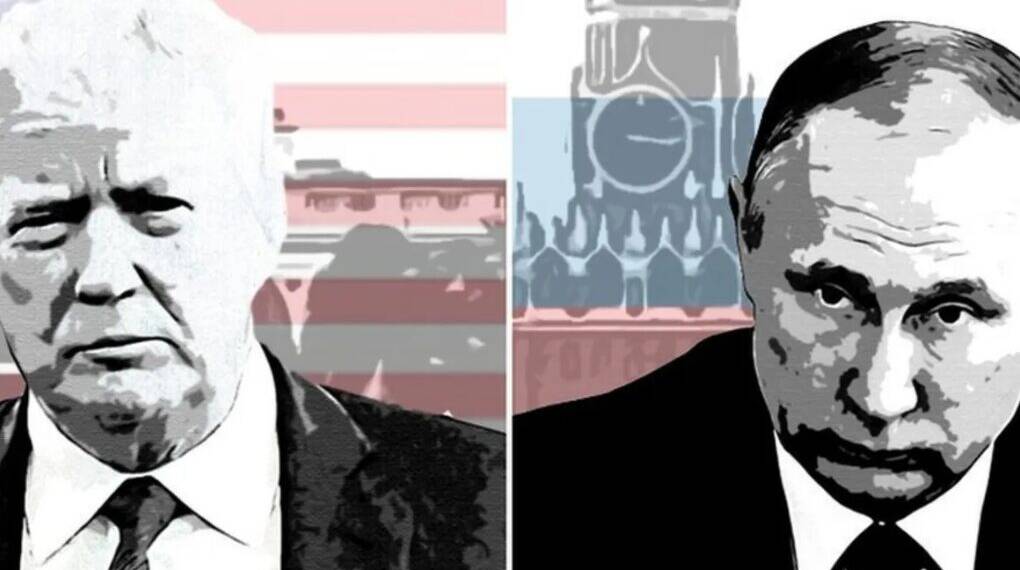In a rare moment of candor, U.S. President Donald Trump has publicly voiced his deep disappointment with Russian President Vladimir Putin following a direct phone conversation about the ongoing war in Ukraine. Trump’s remarks— “It just seems like he wants to go all the way and just keep killing people. It’s not good. I wasn’t happy with it”—signal a sharp shift in tone and highlight the entrenched positions that have left diplomatic efforts at a standstill.
Trump’s Assessment of Putin’s Intentions
After a July 3 phone call lasting about an hour, Trump told reporters he was “very unhappy” with the conversation, stating bluntly that Putin “does not appear interested in ending the war in Ukraine” and wants to “keep killing people.” The Kremlin confirmed the call focused on Ukraine, with Putin reiterating Russia’s determination to pursue its war aims.
Trump’s disappointment is rooted in the lack of progress: despite repeated outreach, Putin has shown no inclination to negotiate a ceasefire or scale back Russia’s maximalist demands. The Russian leader insists on addressing what he calls the “root causes” of the conflict—primarily, Ukraine’s Western alignment and NATO aspirations—positions Kyiv and its allies reject as pretexts for aggression.
Escalation and Diplomatic Paralysis
Trump’s remarks come amid a major escalation in Russian attacks. In the days surrounding his call with Putin, Russia launched its largest aerial assault on Ukraine to date, firing hundreds of drones and missiles at civilian and infrastructure targets across the country. The timing—immediately after the Trump-Putin conversation—underscored the Kremlin’s resolve and disregard for Western calls to de-escalate.
Meanwhile, U.S. military aid to Ukraine has come under strain. The Pentagon has paused deliveries of key weapons systems, including Patriot missiles and precision-guided munitions, raising alarm in Kyiv and prompting President Volodymyr Zelensky to seek urgent talks with Trump. Trump, for his part, has signaled the U.S. may resume some support— “Yeah, we might” send Patriots, he told reporters—but no new aid packages or sanctions have been announced.
Why Is Trump Disappointed?
Putin’s unwavering stance—insisting on “root causes” and maximalist objectives—has left little room for compromise. Despite six calls between Trump and Putin since January, there has been “no progress at all” toward a ceasefire or meaningful negotiations.
Trump’s administration has tried to position the U.S. as a potential broker, but both Moscow and Kyiv have shown limited appetite for trilateral talks. Russia insists that any future negotiations be strictly bilateral between Moscow and Kyiv, excluding the U.S. from the table.
Trump faces criticism for his cautious approach to Moscow, especially as his administration has not imposed new sanctions on Russia nor approved additional aid to Ukraine since taking office. This contrasts with his much tougher stance on Iran, where the U.S. recently launched strikes on nuclear facilities.
Also Read: Trump to Putin: Keep Ukraine, LEAVE IRAN!
What’s Next for the Ukraine War?
Trump’s public expression of disappointment is a recognition that, for now, the diplomatic path is blocked. Putin’s determination to “go all the way” suggests Russia will continue its military campaign, regardless of Western pressure or civilian casualties.
While Trump has hinted at possible new sanctions and a resumption of some military aid, the administration’s overall approach remains cautious and reactive. The pause in arms deliveries has unsettled Ukraine and its European allies, who now question Washington’s long-term commitment.
The latest Russian massive air assault has caused significant civilian casualties and infrastructure damage, deepening the humanitarian crisis in Ukraine. Calls for enhanced air defenses and renewed Western support are growing louder in Kyiv.
Trump’s stark disappointment with Putin marks a critical juncture in U.S.-Russia relations and the Ukraine conflict. It exposes the limits of personal diplomacy in the face of entrenched strategic interests and highlights the grim reality: neither side is ready to compromise, and the war is set to continue with devastating consequences for Ukraine.
As diplomatic channels stall and military escalation intensifies, the world is left searching for a breakthrough that remains stubbornly out of reach.








